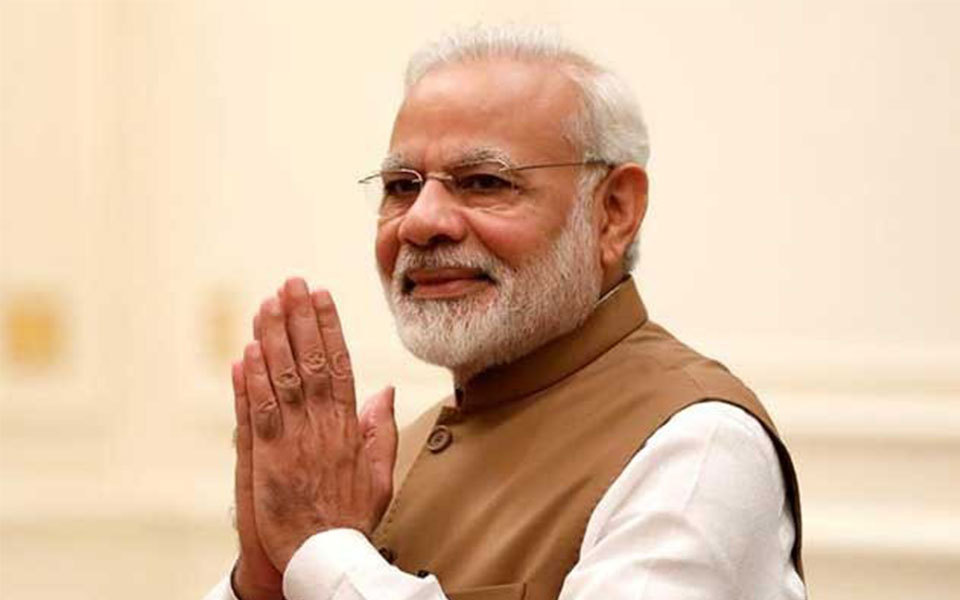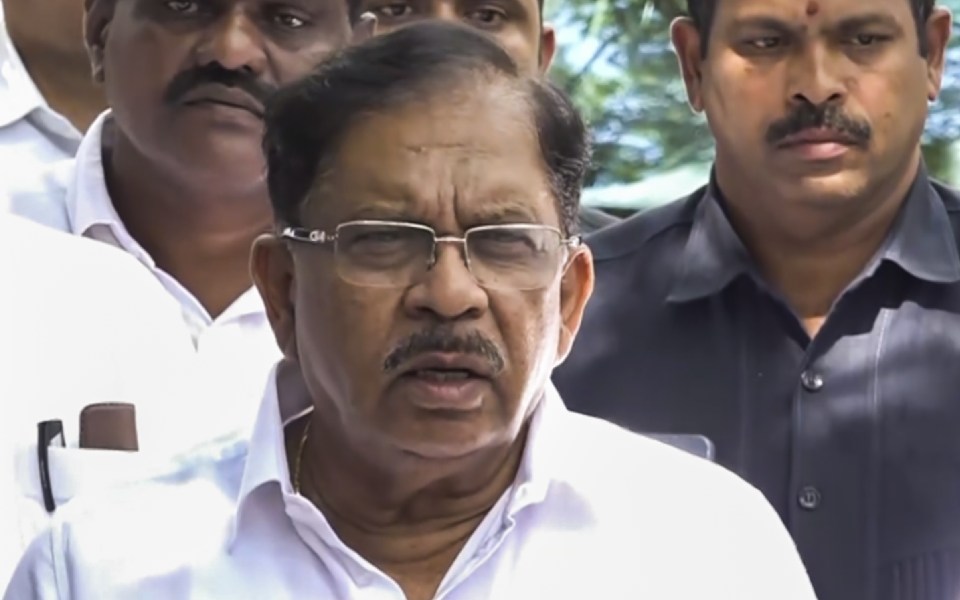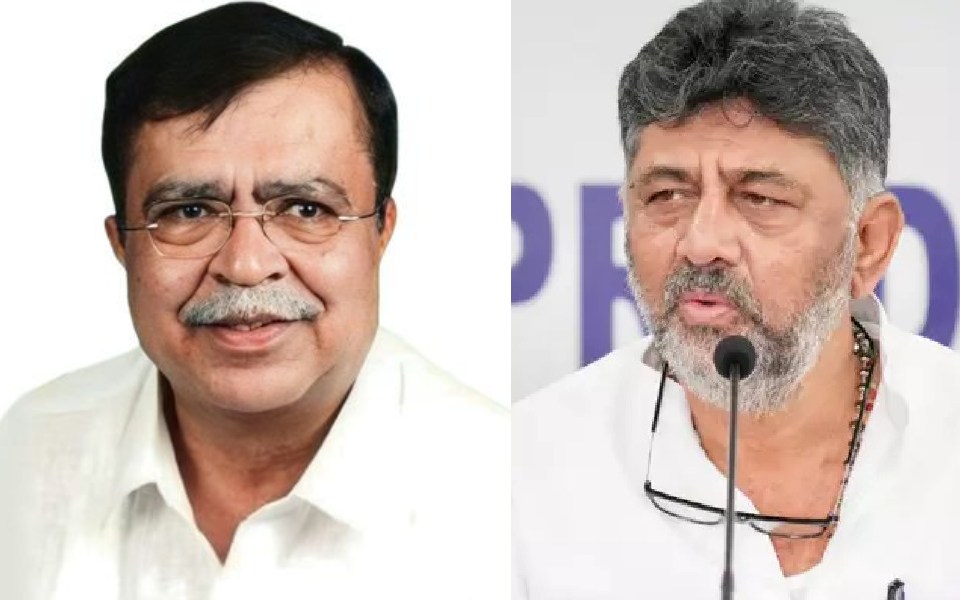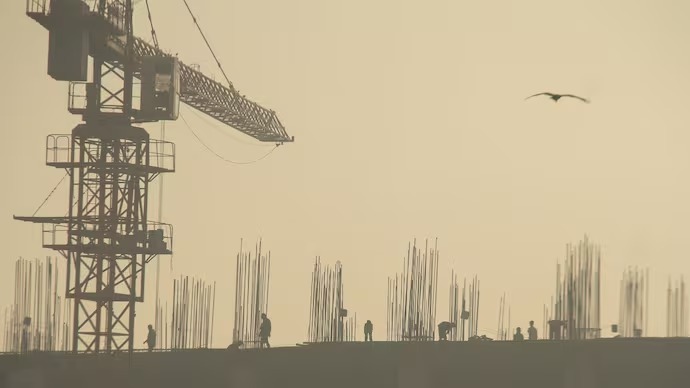Srinagar/Jammu, May 18: Security forces in Jammu and Kashmir were put on high alert on Friday ahead of Prime Minister Narendra Modi's two-day visit to the state on Saturday.
All entry and exit points into Srinagar and Jammu have been sealed by police and the Central Reserve Police Force (CRPF) who allowed vehicles to enter the cities only after thorough checking and frisking of the occupants.
Makeshift barricades and mobile bunkers have been put up to regulate traffic to ensure that no unauthorized movement is allowed during the visit.
Top officials said peripheral security to the Prime Minister's visit was being provided by the Army.
Traffic jams were seen on Friday at some places both in Srinagar and Jammu cities as traffic moved at snail's pace due to multiple checkpoints.
Modi will tour all the three regions of the state during his visit.
He will inaugurate the 330 MW Kishenganga hydroelectric power project in Bandipora district in the Kashmir Valley on Saturday.
He will lay the foundation of the Zojila tunnel in Drass area of Kargil district. After completion, the tunnel would provide all-weather connectivity between the Valley and Ladakh region that otherwise remains cut off during the winter months.
Modi will also attend the 100th birth anniversary of revered Ladakhi spiritual leader, Kushak Bakula, in Leh town.
The Prime Minister will address the convocation of the Sher-e-Kashmir University of Agricultural Sciences and Technology (SKUAST) in Jammu on Sunday before returning to New Delhi.
Modi's visit to the troubled state come two days after his government announced a ceasefire against militants to provide for a peaceful environment during the holy month of Ramadan.
Let the Truth be known. If you read VB and like VB, please be a VB Supporter and Help us deliver the Truth to one and all.
Bengaluru, Jan 10: Karnataka Home Minister G Parameshwara on Friday said that six surrendered Maoists have not handed over their weapons, and the police are working to locate and recover them from the forest where they are believed to have been disposed of.
Noting that one Maoist, expelled from the surrendered group, is still at large and efforts are underway to trace him, he said there is no one else involved in Naxal activities in the state. He added that any individuals coming from other states will be closely monitored.
A group of six Maoists surrendered to the government in the presence of Chief Minister Siddaramaiah at his home office, ‘Krishna,’ on Wednesday evening.
The group includes four individuals from Karnataka: Mundagaru Latha from Sringeri, Vanajakshi Balehole from Kalasa, Sundari Kutluru from Dakshina Kannada, and Mareppa Aroli from Raichur. The other two are Vasantha K from Vellore in Tamil Nadu and N Jeesha from Wayanad in Kerala.
"We need to search for the weapons. It is not yet known where they were disposed of in the forest, but efforts are underway in that direction," Parameshwara told reporters in response to a question.
Addressing the BJP's allegation that the government prioritised rehabilitation for Maoists over recovering their weapons, he said, "They keep making such claims. The government will do its job. We may need to gather information from the Maoists about where the weapons were hidden and seek their assistance. There are procedures, and they will be followed."
The BJP has also been in government, and they are aware of this. It was the same police department during their tenure, he added.
The six surrendered Maoists will be rehabilitated under categories 'A' and 'B' of the Naxal Surrender Policy, Karnataka 2024, and will each receive Rs 3 lakh.
In response to a question about reports that another Maoist, Ravindra, is still at large, the Home Minister said, "According to the information we have, this group had expelled him, but the reasons are not yet known. Efforts are underway to trace him, and he is believed to be in the Chikkamagaluru region."
Regarding the surrendered Maoists, the Home Minister stated that they were the last active Maoists in the state.
He added, "If anyone comes from other states, it will be closely monitored. There is a possibility of individuals coming from Odisha or Kerala, and we will remain vigilant. The government is making efforts to discourage Naxalism. According to our information, no one else is currently involved in such activities in the state."
The surrender followed the killing of Maoist leader Vikram Gowda in an encounter with the Anti-Naxal Force at Peetabailu village in Hebri, Udupi district, on November 18, 2024.
When asked about Vikram Gowda's family seeking compensation in light of the package being provided to surrendered Maoists, Parameshwara said, "It will be verified. Both cases are different."





